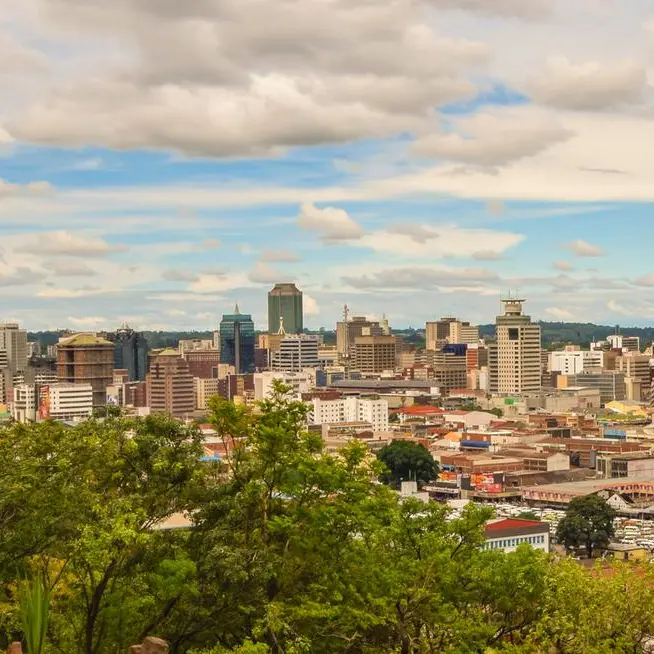PHOTO
The global business travel industry is rebounding at a more accelerated rate than earlier forecasted, with spending to grow to nearly $1.8 trillion by 2027, fuelled largely by favourable economic conditions.
Findings of the 2023 GBTA Business Travel Index Outlook – Annual Global Report and Forecast further revealed that business travel spending would surpass its pre-pandemic level of $1.4 trillion by 2024, boosted by an acceleration in the recovery process since COVID-19.
Strong gains were expected to continue in 2023 with a 32% projected growth, with the report, published by the Global Business Travel Association, in collaboration with Visa, also highlighting two of the biggest drivers in the industry’s stabilisation: the return of in-person meetings and events; the recovery of international business travel capacity and volumes.
Travel rebounds
In 2022, global business travel spending rose 47% to $1.03 trillion, with the GBTA revealing in March that the MEA region accounted for $23 billion or approximately 2.5% of overall spending within the sector.
Last year, Western Europe was the fastest growing region globally, with North America and Latin America reporting a significant growth in spending as well. Emerging Europe continued to lag in its recovery, challenged by the war in the Ukraine, with Asia Pacific emerging as the big laggard last year given the delayed reopening of the Chinese economy.
Chinese business travel spending fell 4.6% last year, dropping China down to the second position in the business travel market in the world for the first time since 2014. However, China is expected to regain its top spot by the end of 2023 as travel restrictions lift.
Road ahead
The forecast also highlighted challenges that could affect market growth, including the Russia-Ukraine conflict, persistent inflation in certain economies, tighter global financial conditions, and deterioration in the manufacturing sector.
Other factors that could influence the industry’s longer-term forecast includes an increased focus on sustainability initiatives, widespread adoption of meeting technologies, growth in the remote workforce and the rise of blended travel.
(Reporting by Bindu Rai, editing by Seban Scaria)





















